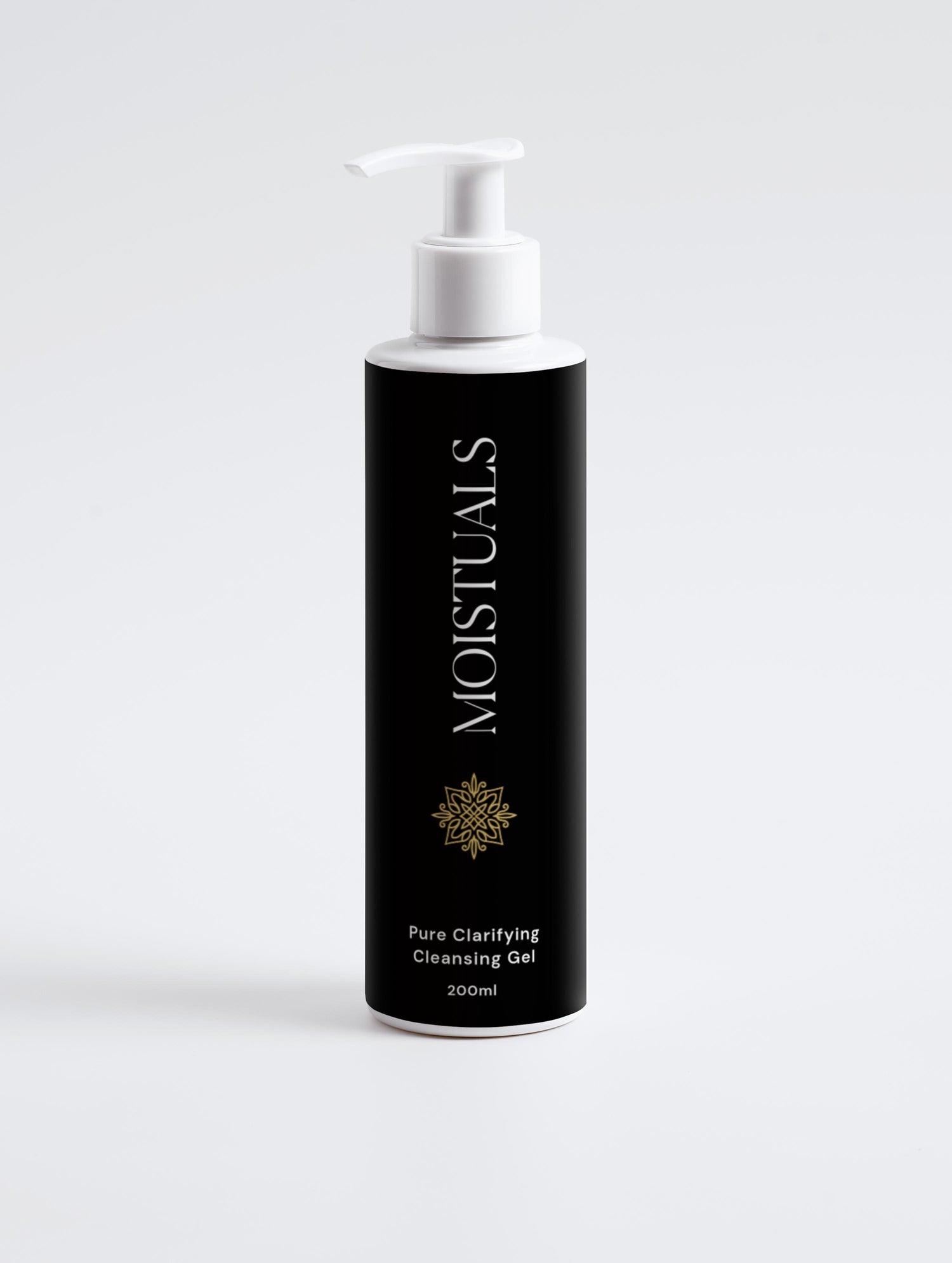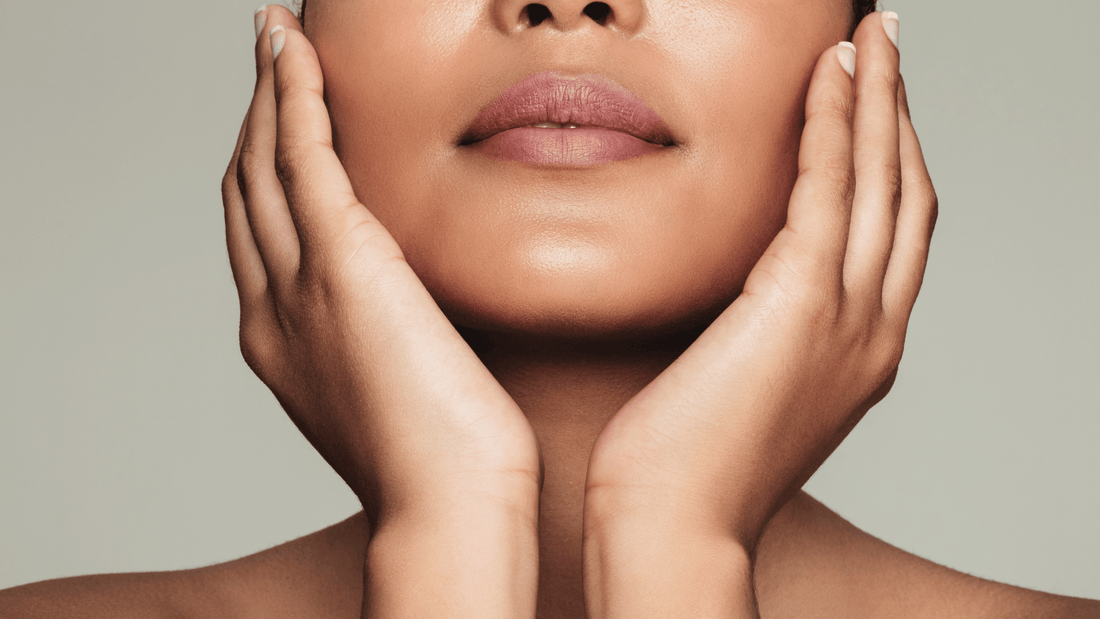If you’ve researched anti-aging skincare, you’ve likely come across two powerhouse ingredients: Retinol and Vitamin C. They're everywhere — serums, creams, eye treatments — and both claim to reduce wrinkles and restore youthful skin.
But what’s the difference? Is one better than the other? Or do they work better together?
Let’s break down Retinol vs Vitamin C so you can choose the best option for your skin — or learn how to use them both safely and effectively.

🧪 Retinol: The Gold Standard for Wrinkle Reduction
What Is Retinol?
Retinol is a derivative of vitamin A. It’s part of the retinoid family, which includes prescription-strength tretinoin as well as over-the-counter options like retinol and retinaldehyde.
What Does Retinol Do?
- Increases cell turnover: Helps shed dull, dead skin cells faster
- Boosts collagen production: Firms skin and reduces fine lines
- Smooths texture: Great for rough patches and acne scars
- Improves discoloration: Fades sunspots and pigmentation over time
Pros:
✔️ Backed by decades of research
✔️ Excellent for deep wrinkles and visible signs of aging
✔️ Can treat acne and texture issues simultaneously
Cons:
⚠️ May cause irritation, dryness, and purging
⚠️ Not recommended for sensitive or rosacea-prone skin
⚠️ Must be used at night and paired with SPF during the day
🍊 Vitamin C: The Brightening, Protective Antioxidant
What Is Vitamin C?
Vitamin C is a potent antioxidant that protects skin from environmental stress and stimulates collagen production. L-ascorbic acid is the most active (but also most unstable) form. Other forms include sodium ascorbyl phosphate and magnesium ascorbyl phosphate.
What Does Vitamin C Do?
- Neutralizes free radicals: Protects against pollution and UV damage
- Brightens skin tone: Reduces dullness and discoloration
- Supports collagen synthesis: Firms and plumps the skin
- Boosts SPF protection: When used in morning routines
Pros:
✔️ Safe for most skin types, including sensitive
✔️ Great for dullness and pigmentation
✔️ Works well in morning routines under SPF
Cons:
⚠️ Can oxidize quickly if not stored properly
⚠️ Some people may experience tingling or slight irritation
⚠️ Less potent on deep wrinkles compared to retinol
⚖️ Retinol vs Vitamin C: Side-by-Side Comparison
| Feature | Retinol | Vitamin C |
| Primary Benefit | Stimulates collagen + cell turnover | Antioxidant protection + brightening |
| Best For | Fine lines, deep wrinkles, rough texture | Dullness, pigmentation, early aging |
| Time of Use | Night only | Morning preferred |
| Skin Type Suitability | Normal to oily | All skin types (gentler) |
| Caution | Can irritate sensitive skin | May oxidize, must be stable |
| Pairing With Other Actives | Avoid AHAs/BHAs + strong actives | Can layer with niacinamide, SPF |
💡 Which One Should You Use?
The best choice depends on your skin goals, tolerance, and lifestyle.
Choose Retinol if:
- Your main concerns are wrinkles, sagging, or acne
- Your skin can tolerate active ingredients
- You’re over 35 and want dramatic improvement
Choose Vitamin C if:
- You’re looking to prevent aging or improve dullness
- You have sensitive skin or are new to actives
- You want to boost your morning skincare routine
Or… use both — with care.
🧴 Can You Use Retinol and Vitamin C Together?
Yes — but not at the same time.
The safest routine:
- Morning: Cleanser → Vitamin C serum → Moisturiser → SPF
- Evening: Cleanser → Retinol treatment → Moisturiser
This allows you to get the protective, brightening benefits of vitamin C during the day — and the skin-renewing effects of retinol at night.
✨ Pro tip: Start slow. Use each ingredient a few times per week, then gradually increase frequency.
🌿 Moistuals Approach: Safe, Smart Anti-Aging for Every Skin Type
At Moistuals, we understand that everyone’s skin is different — and not everyone can tolerate aggressive actives.
That’s why our anti-aging line focuses on skin-loving ingredients that balance results and sensitivity.
Our Philosophy:
- ✔️ No harsh retinoids — only gentle alternatives
- ✔️ Stable antioxidant formulas
- ✔️ Fragrance-free and non-comedogenic
- ✔️ Compatible with sensitive and aging skin
💧 Featured Product: Niacinamide Gel Moisturiser
- Brightens and firms with niacinamide
- Strengthens skin barrier for smoother texture
- Works well under SPF or makeup
🛡 Featured Product: Mineral Sunscreen SPF30 Tint
- Protects your collagen from UV breakdown
- Tinted to even out tone
- Reef-safe, lightweight, and ideal for daily wear
📦 What If You’re Just Starting Out?
Not sure where to begin?
🎯 Try this starter routine:
- AM: Hydrating Cleanser → Vitamin C serum → Moistuals Day Cream → SPF
- PM: Gentle Cleanser → Peptide or Niacinamide Serum → Moistuals Night Moisturiser
Once your skin is used to actives, you can gradually introduce retinol 2–3x/week in the evening — or try a retinol-alternative like bakuchiol if you're highly sensitive.
💬 Real User Feedback
“I used to break out with every retinol product I tried. Since switching to a gentler routine with Moistuals, I’ve seen smoother skin without any peeling.”
— Dina, 43
“Vitamin C gives me the glow, and niacinamide keeps my skin calm. Finally found a combo that works without irritation!”
— Rebecca, 36
🧭 Final Verdict: Retinol or Vitamin C?
There’s no one-size-fits-all answer. But here’s the bottom line:
- Use retinol if you’re targeting deep wrinkles and have experience with actives.
- Use vitamin C if you’re brightening, preventing aging, or have sensitive skin.
- Use both (alternating) if you want the best of both worlds.
Want a personalized recommendation?
🎯 Take our 1-minute Anti-Aging Skincare Quiz to match with the right ingredients →
Start Quiz


